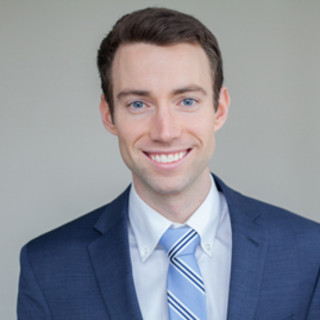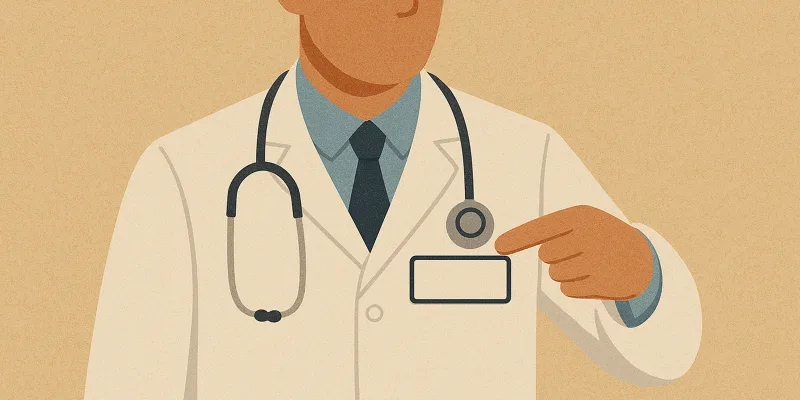
“How’s it going? What rotation are you on?” “Fine, Medicine wards with Dr. XYZ.” My statement said it all to my classmate’s question. Nothing more was needed to explain how my week was going. The rotation and attending conveyed the long hours and rounds that seemingly never ended. It was comforting to convey so much description with a simple response.
The unique understanding of the lifestyle, stress, and joys of medical school are one of the things that make the friendships rewarding. The weird schedule and high pressure make it difficult for those who have not experienced it themselves to relate. Most students have hobbies outside of school but have limited time to enjoy them. When catching up, the conversation shifts to medicine quickly, especially in the clinical years. Students see each other less during these years and are genuinely excited and interested in what they are doing during their rotations.
Medical school can be an insular community for this reason. It is a group of people going through a unique shared experience. It forms wonderful bonds and allows students to be truly known and understood, but it is difficult for outsiders to interact with the community. There are so many acronyms and jargon that conversations with those not in medicine require explanations. Taking the effort to spend time with non-medical friends and significant others is often refreshing, and provides much value for medical students. As in any community, an outsider’s perspective provides insight those in the community cannot see.
To keep up with friends from college I write an email update twice a month. None of them are medical, so describing my week is a more involved process than if I was speaking to classmates. Explaining my schedule and the highs and lows of a rotation forces me to analyze my routine and view the medical world through non-medical eyes. The action requires self-reflection, and the explanations of procedures and how medications work become the explanations I use with patients.
Staying connected with non-medical friends forces me to be introspective. Describing my day requires me to think about my motivations and feelings about the process. With the stress and busyness of school, it is easy to put my head down and press on. Maintaining close friendships with those outside the medical world forces me to reflect on the experiences. Many times, after explaining an encounter or patient story to non-medical friends, I am struck by ways I can improve. This happens naturally by discussing my life with my non-medical friends.
Non-medical friends provide incredible insight into the medical world. The contrast of their working lives to ours provides a healthy perspective, and their long-term observations highlight important facets of our lives we are unaware of. They can point out blind spots those within the medical community are not able to see. I have been grateful when friends outside of the medical world have dragged me away from the library and the whirlwind of medical school. Spending time outside of my world is almost always refreshing and encouraging. Their insights about my mood during different rotations and the way I have spoken them were incredibly helpful when picking a specialty as well.
The balance brought by spending time with friends inside and outside the medical world is incredibly healthy. The sense of belonging and feeling of being known found in relationships with classmates is one of the best parts of the training environment. The ease of those friendships is comforting. The perspective and insight brought by non-medical friends are important as well. The friendships are one of the best things about the journey to become a physician, and the experience would not be as rich without sharing it with those inside and outside the medical world.
Cameron Todd is a fourth-year medical student at Tulane University School of Medicine. He is a 2018–19 Doximity Author.







